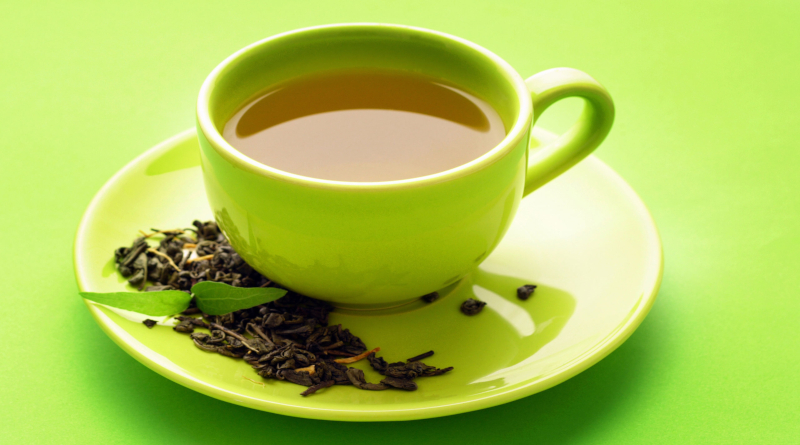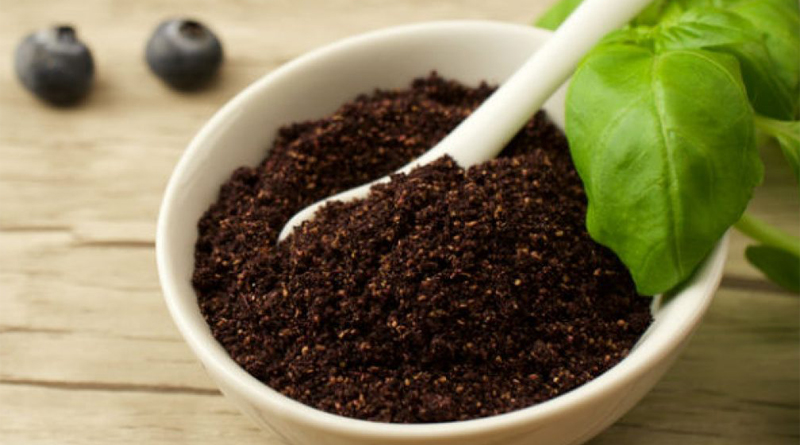A study published in the Journal of Nutritional Biochemistry suggests that green tea extract may aid in reducing obesity and several inflammatory biomarkers linked with poor health in mice. The researchers suspected that green tea might prevent obesity and protect against inflammation in the gut based on previous studies, so they devised an experiment that examined green tea’s effects in male mice fed a normal diet and a high-fat diet designed to cause obesity. (Female mice are resistant to diet-induced obesity and insulin resistance, a precursor to diabetes, so they weren’t included.)
For eight weeks, half of the animals ate a high-fat diet designed to lead to obesity and half were fed a regular diet. In each of those groups, half ate a diet of 2% green tea extract mixed in with their food. Green tea consumption in the experiment would be equivalent to about 10 cups of green tea throughout the day for a person. The researchers then measured body and fat tissue weight, insulin resistance, gut permeability, inflammation, and composition of the gut microbes.
The mice fed a high-fat diet supplemented with green tea gained about 20% less weight and had lower insulin resistance than mice fed an otherwise identical diet without tea. Those mice also had less inflammation within fat tissue and the intestine. Furthermore, the green tea appeared to protect against the movement of endotoxin, the toxic bacterial component, out of their guts and into the bloodstream.
Plus, the researchers found evidence of stronger—less “leaky”—guts in these mice. Leaky gut is a problem in humans that contributes to widespread low-grade inflammation and has been implicated in several health problems.
The researchers also found that the green tea appeared to contribute to a healthier microbial community in the guts of the mice fed a high-fat diet. Mice fed the normal, or low-fat, diet supplemented with green tea also had benefits including reduced weight gain and lower endotoxin levels and markers of leaky gut, but these were relatively modest compared with the effects seen in mice fed the high-fat diet.
The Ohio State University researchers are currently working on a human study that will explore the effects of green tea on leaky gut in people with metabolic syndrome—a condition that predisposes people to type 2 diabetes and heart disease.
Source: IFT









